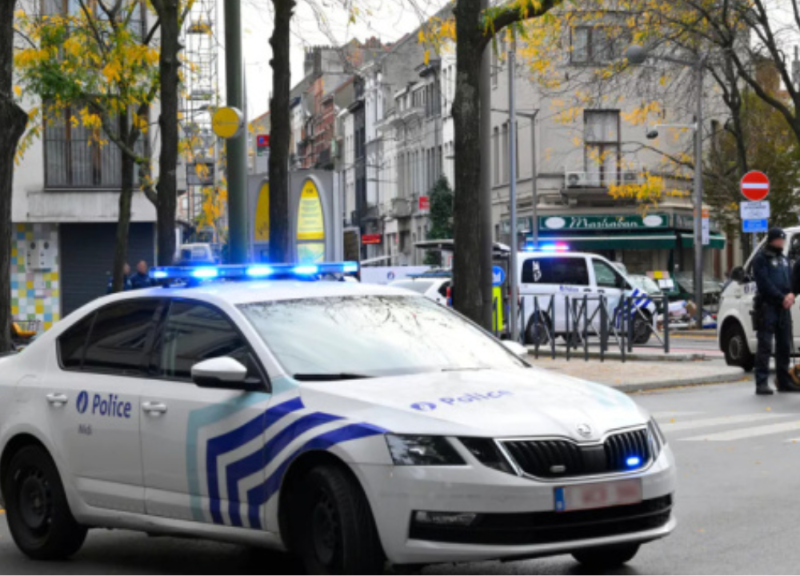
During a private trip to Belgium, a member of our team had the opportunity to meet a Belgian police officer. Here is the author's direct speech from his Facebook post: I asked him about the specifics of the work, functionality, division of duties between the local and federal police, and of course about road traffic and its safety. I didn't learn any magical secrets, everything is logical and prosaic:
- 1) There are patrol crews, but the work is mainly carried out through response to calls (they call it "interventions");
- 2) For a city with a population of 120,000, the police have two unmarked patrol cars and, they do not have the inscriptions "police" on them and they have non-police colors. These two cars have a siren and flash lights (hidden near the radiator), and actively stop violators. They are also equipped with violation recording complexes that generate files for automatic processing and sending out speeding fines. These vehicles are driven by uniformed and armed police officers who have exactly the same powers as when driving in marked cars. The same means are used by the federal police on highways.

One of hundreds of unmarked patrol cars in Belgium
- 3) In Belgium, a breathalyzer test is a legal basis for stopping any vehicle at any time and anywhere in the country. Each crew has a breathalyzer. In the event of a positive result exceeding 0.2 ppm, a second breathalyzer test is performed after 15 minutes. Documents are drawn up based on its results.
- 4) Belgium has a national plan to combat drunk driving, which includes: (a) an educational and promotional campaign "BOB" ; (b) developed tactics and plans for "alcohol control" operations (I posted a video of such an operation: https://www.youtube.com/watch?v=8s9AKpatZQg&t=1s ); (c) breathalyzer plans for the entire country, for each province and for each city. That is, there is a task, for example, to conduct 1,000 breathalyzer tests on drivers per month. And this plan is being implemented, conducting 35 breathalyzer tests every day.
- 5) There are a huge number of speed cameras throughout the city and between cities, including recently introduced segmental speed control, when the average speed on a section is calculated.
And my friend the cop noted that Belgium lags far behind neighboring Holland in the area of traffic safety, and they are constantly learning from their neighbors. And statistics confirm that they are learning well. And it's time for us to learn at least in Belgium. I'll do that tomorrow morning -- I'm going to listen to a lecture at a local university, a Road Safety course. I'll try to publish a summary. PS The blood alcohol limit is 0.2 ppm. The fine for 0.21-0.35 ppm is from 150 to 3,000 euros. If you are drunk over 0.36 ppm, the fine is from 1,200 to 12,000 euros. The punishment depends on the degree of intoxication and the history of violations (the decision is made by the court). If you pass the test with a zero, you also receive an incentive key ring with the inscription "VOV", which means a conscious sober driver.
Viktor Zagreba, 05.12.2016
